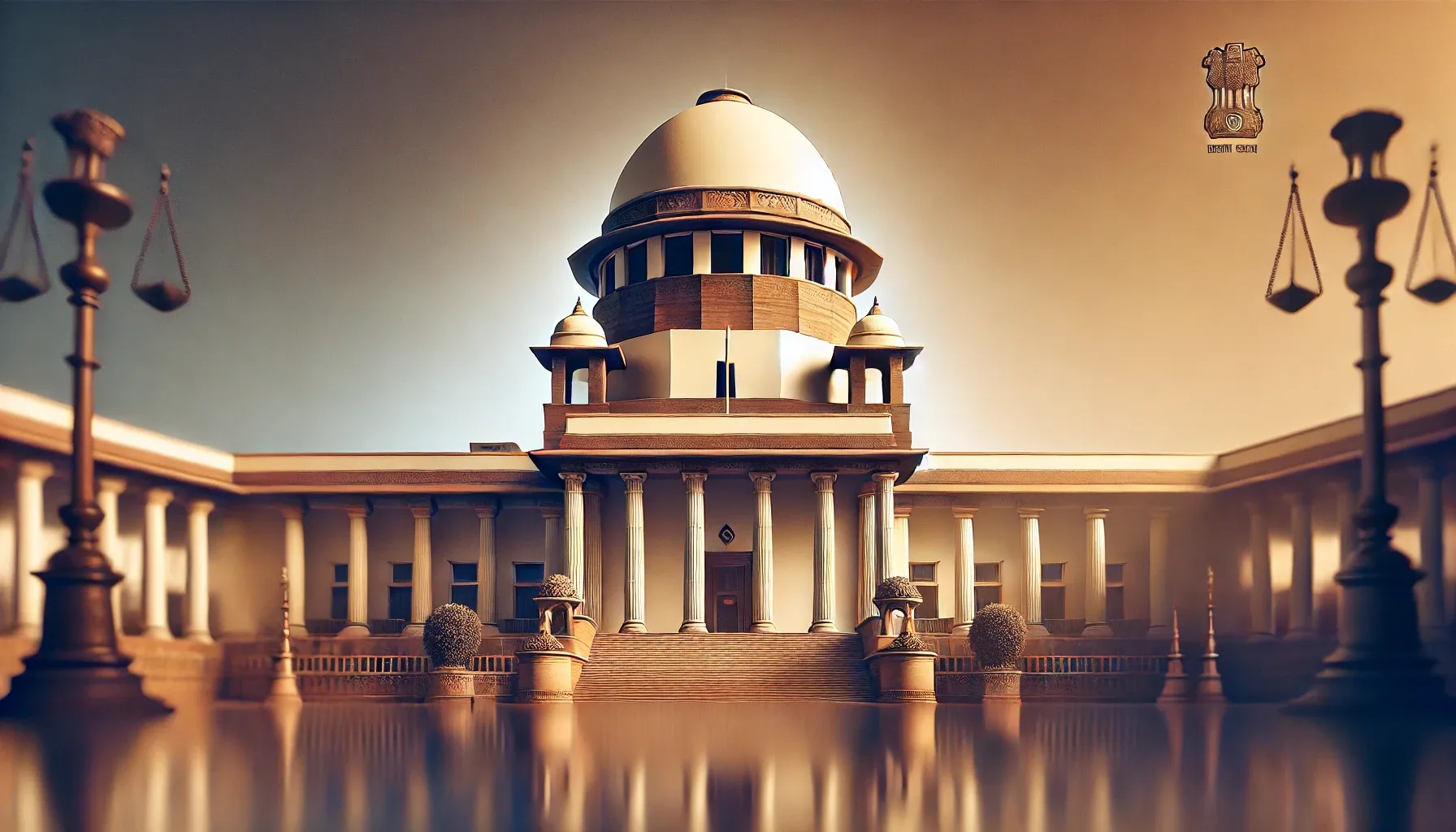The Supreme Court upheld a 1963 settlement deed granting Govindammal 2/3rd property share, recognizing care for transferors and charitable work as valid consideration, overturning the Madras High Court's ruling.

In a landmark judgment, the Supreme Court of India upheld a property settlement deed that transferred a 2/3rd share of immovable property to Govindammal in exchange for her commitment to care for the transferors and perform charitable work. The Court ruled that consideration need not always be monetary, affirming that familial and social responsibilities can also qualify under the law.
Court Observations and Judgment
- The bench comprising Justice CT Ravikumar and Justice Sanjay Karol dismissed the argument that consideration must always be monetary, highlighting that:
- “Consideration need not always be in monetary terms. It can be in other forms as well.”
- The Court emphasized that the settlement deed was valid as it recognized Govindammal’s care for the transferors and her promise to continue charitable work, qualifying as valid consideration under Indian law.
Background of the Case
- The case involved the division of a coparcenary property and the validity of a settlement deed executed in 1963, which granted Govindammal a 2/3rd share of the property.
- The deed required Govindammal to:
- Take care of the transferors.
- Perform ongoing charitable work.
- The respondents argued that the deed was a gift deed, claiming there was no monetary consideration, while the appellants defended the deed as a valid settlement based on familial and social obligations.
High Court’s Ruling and Supreme Court’s Overturn
- The Madras High Court partially overturned the decisions of the Trial Court and First Appellate Court, treating the deed as a gift deed and modifying the division of property.
- The Supreme Court, however, ruled that:
- The High Court erred in narrowly interpreting 'consideration'.
- “The High Court has erred in taking such a constricted view of 'consideration', especially taking note of the fact that this settlement was between the members of a family.”
Legal Precedents and Interpretation
- The Court referred to Santosh Hazari v. Purushottam Tiwari (2001) to outline the criteria for a substantial question of law in second appeals:
- “It must involve points not previously settled by law, material to the case's decision, and significant to the root of the matter.”
- The Court concluded that these criteria were not met, making the High Court’s overturning of lower court findings unjustified.
Key Takeaways
- Consideration in Law: The judgment clarified that consideration under the Indian Contract Act, 1872, is not limited to monetary terms but includes other valid commitments like care and charity.
- Family Settlements: The Court emphasized the importance of honoring familial agreements, especially those involving non-monetary obligations.
Final Judgment
- The Supreme Court set aside the Madras High Court’s judgment, restoring the lower courts' findings and allowing the appeal.
- It ruled that Govindammal (now represented by her legal heirs) was entitled to the 2/3rd share in the property as per the settlement deed.
- “In that view of the matter, the appeal is allowed,” the judgment concluded.
Appearances
- For the Appellants: Mr. Ragenth Basant and Mr. S. Nagamuthu, Senior Advocates.
- For the Respondents: Mr. V. Prabhakar, Senior Advocate.
Case Title: RAMACHANDRA REDDY (DEAD) THR. LRS. & ORS. VERSUS RAMULU AMMAL (DEAD) THR. LRS., CIVIL APPEAL NO. 3034 OF 2012
Attachment:





